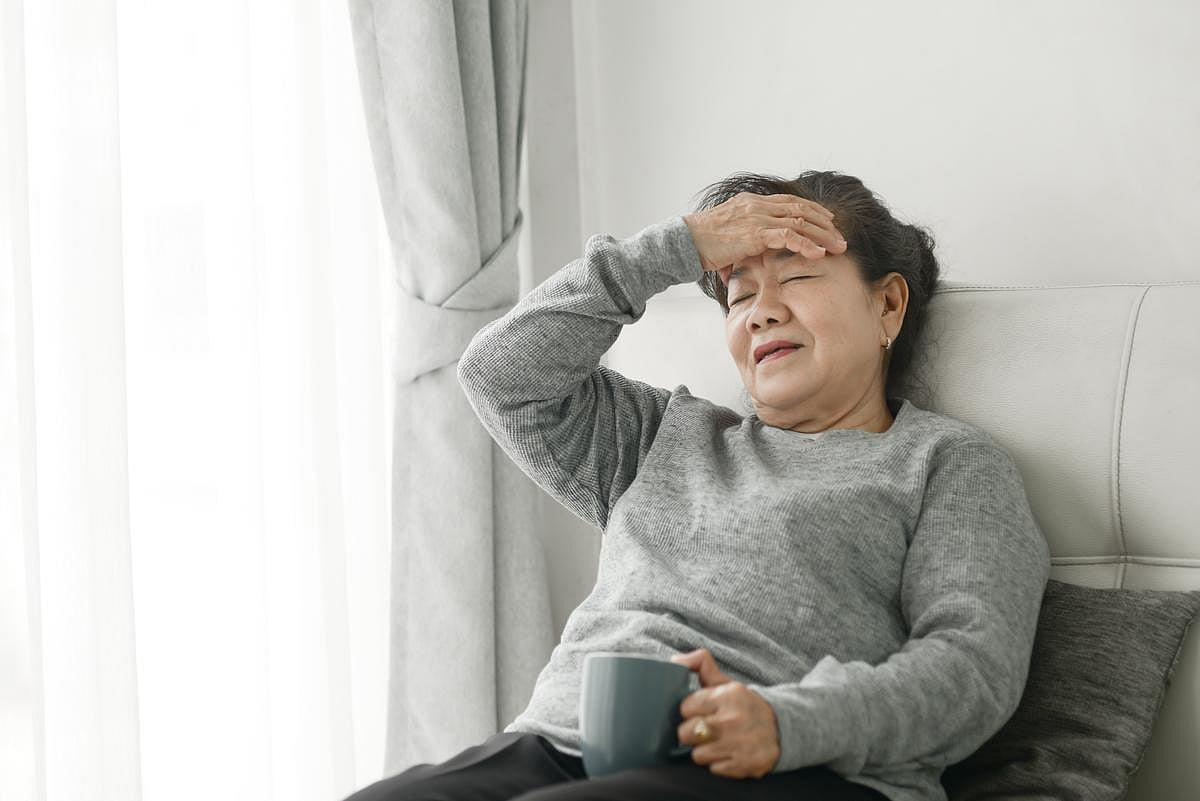Get Healthy!

- Dennis Thompson
- Posted January 16, 2025
Is Your Home Too Warm for Seniors' Brain Health?
How warm or cold a home is kept could have a direct impact on the brain health of seniors.
Seniors are best able to think and maintain attention when a home is kept between 68 and 75 degrees Fahrenheit, researchers reported in a study published recently in the Journal of Gerontology: Medical Sciences.
The likelihood they’ll struggle to maintain attention doubles if the temperature varies as little as 7 degrees in either direction, researchers found.
"Our findings underscore the importance of understanding how environmental factors, like indoor temperature, impact cognitive health in aging populations," lead researcher Amir Baniassadi, an assistant scientist at the Marcus Institute for Aging Research, said in a news release from the institute.
As they age, humans become less capable of responding to dramatic swings in temperature, researchers said in background notes.
Aging bodies become less capable of regulating internal temperature, and this problem is often exacerbated by other chronic illnesses and the meds used to treat them.
For this study, researchers installed sensors to monitor the home temperature of 47 seniors 65 and older.
Between Oct. 2021 and March 2023, these participants were asked to complete a daily smartphone-based survey that asked, “Right now, is it difficult to keep your attention on what you’re doing?”
The results revealed a “U-shaped relationship” between home temperatures and attention, “whereby both hot and cold temperatures are associated with difficulty keeping attention,” researchers report in their study.
Importantly, these findings show that climate change could impact the brain abilities of many aging seniors, possibly even increasing their risk for cognitive decline.
“The home ambient environment plays a critical role because many older adults, even in wealthier societies, either cannot afford heating and cooling systems, or they do not have sufficient motor and cognitive abilities to properly use them,” researchers wrote.
“We therefore recommend exploring technological, financial, and policy interventions that enable older adults to maintain a comfortable and health-promoting home thermal environment,” the team continued.
“These include development of automated temperature control systems responsive to the specific needs of older adults with cognitive or physical impairments, financial support to protect them from energy poverty, and investment in housing retrofit and policies that improve the passive resilience of the housing stock to future weather,” researchers concluded.
More information
The American Psychological Association has more on how heat affects the mind.
SOURCE: Hebrew SeniorLife, news release
